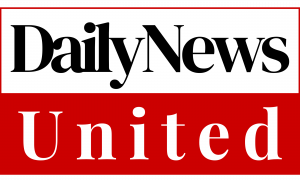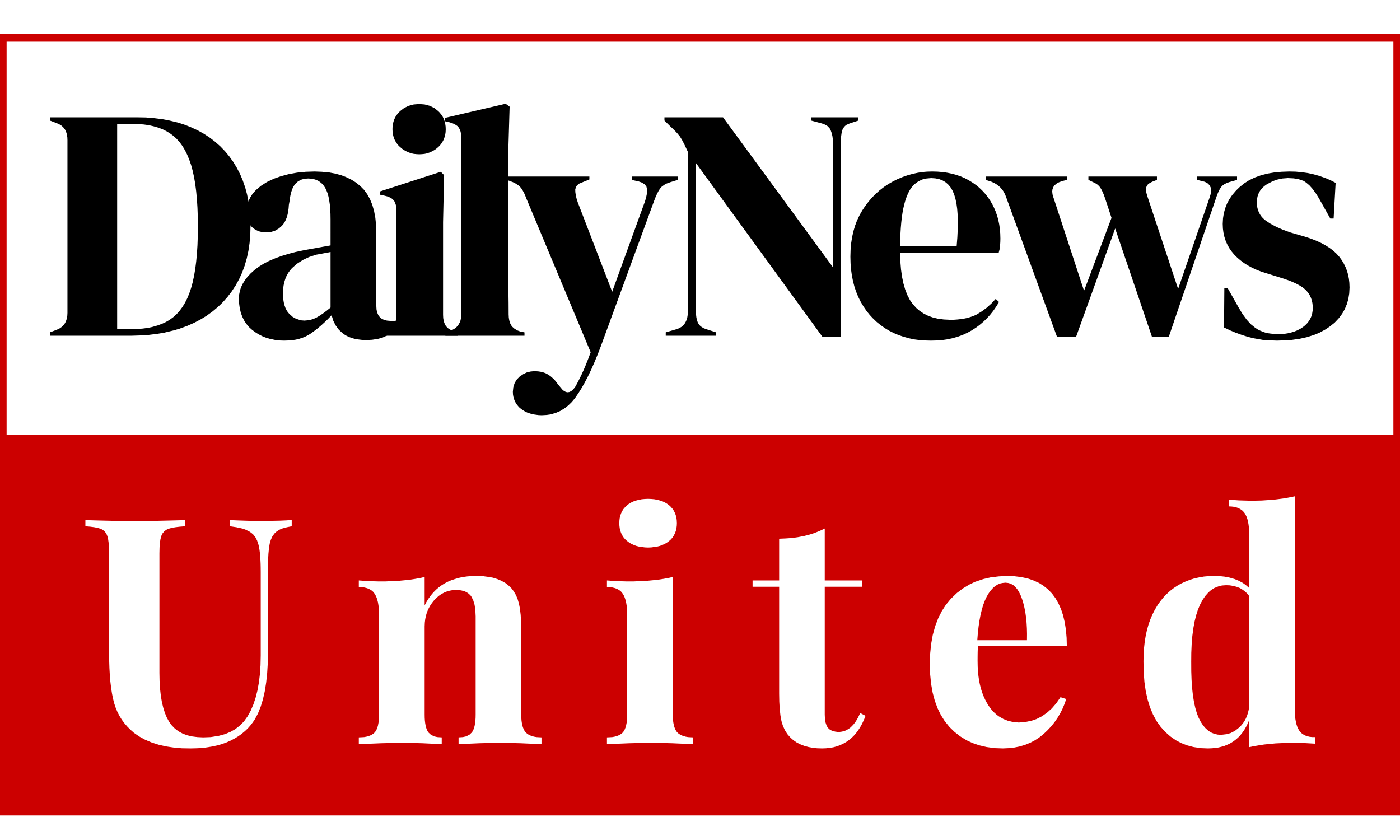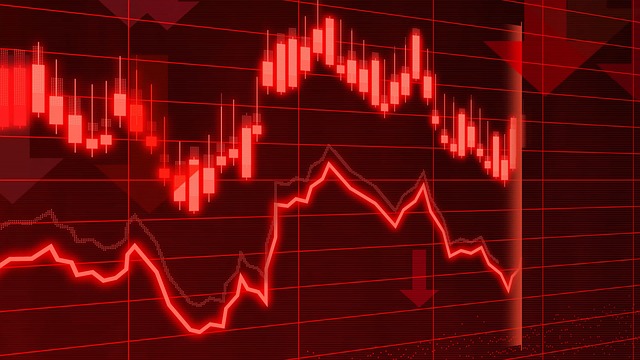For many people, the idea of a recession can be deeply upsetting. In fact, it has been over ten years since Americans experienced one of the worst recessions in history, the Great Recession of 2008, which was precipitated by the collapse of the housing market.
A recession is a prolonged period of time, lasting anywhere from a few months to years, during which a nation or area experiences a weak economy, high inflation, and decreased consumer spending power.
A country is said to be in an economic recession when its GDP (gross domestic product) is low, its unemployment rate is high, its retail sales are down, and its manufacturing indicators have been changing for a long time.
Why do recessions happen?
A recession has both obvious and unclear causes. Different economists may hold opposing views on specific recession causes and potential causes.
Even though no two recessions are identical, most of them typically exhibit a few characteristics.
Recessions can be caused by a number of factors, including:
- Excessive debt
- Stock market crash
- High deflation
- Technological change
- High Inflation
- Asset bubbles bursting
- Sudden economic shock
- Post-war slowdown
What Happens Throughout a Recession?
When the economy is in a recession, everyone might become anxious, especially when millions of people could lose their jobs and unemployment rates rise across the country.
It might have a snowball effect, making the economy’s problems worse before they get better.
In a recession, you can anticipate the following:
Rising Unemployment
One of the first signs of a recession is a rise in unemployment rates. The reason for this is that businesses typically have to cut expenses during recessions, and hiring personnel is occasionally one of the first costs.
Government Debt Rises
As businesses lay off workers and those workers apply for unemployment benefits, the government’s debt goes up. At the same time, the government is trying to stabilize the economy with stimulus packages and other help.
Less Spending
The income of an employee is impacted by losing a job. When consumers receive little or no compensation, they are less inclined to spend money, which hurts businesses and stocks by lowering the quantity of money going into the economy.
Assets Depreciate
Many assets, especially stocks and homes, can lose value, which could cause investors and homeowners to lose money or even go bankrupt.
What Impact Does the Recession Have on People?
You can lose your job during a recession if unemployment rates rise.
Because more people are out of work, it’s harder to find a new job and you’re more likely to lose the one you already have. Those who keep their jobs may see their pay and/or benefits reduced.
Even the negotiation of a pay rate increase is out of the question.
During a recession, you could lose a lot of money on your stocks, bonds, real estate, and other investments. Your savings eventually decrease, and your retirement plans are thrown off.
Even worse, if you are unable to pay your expenses as a result of losing your job, you run the risk of losing your house and other possessions.
Business owners go through fewer sales and maybe even bankruptcy during a recession. In the midst of a severe downturn, the government finds it difficult to keep everyone solvent.
What Are The Signs Of an Economic Recession?
A recession can, however, be predicted by some indications.
Knowing these warning signs can even assist you in learning how to prepare for a downturn so that you are not trapped struggling to survive when the economy falters.
Check out the top recession warning indicators listed below:
Rising Rate of Unemployment
A rising unemployment rate typically signals an approaching recession.
High unemployment rates will make it harder for consumers to buy things, which will cause demand to drop in the long run.
Declining Property Sales
In a strong economy, consumer spending is usually high. This includes the sale of real estate, which is a type of consumer spending. But as an economic downturn goes on, the number of property sales goes down. This is a sign that things are about to get worse financially.
Inverted Yield Curve
The US Treasury measures the relationship between long-term fixed-income rates and short-term interest rates.
The yield curve is inverted when the interest rates on short-term securities are higher than those on long-term deposits. This is a sign that the economy is about to go downhill.
Poor Stock Performance
Due to its high volatility and frequent drops, the stock market is not usually a good way to tell if a recession is coming.
But if a bear market lasts for a long time, low stock performance could lead to a recession in the long run.
Rising Inflation
If wages are going up and there is a strong labor force, inflation could mean that demand is going up.
On the other hand, too much inflation makes it harder for people to buy things, which decreases demand in this industry.
Increase In Credit Card Debt Defaults
Consumer spending boosts the economy.
However, if interest rates are high, users run the risk of going into debt when using credit cards, which raises the possibility of defaults and bankruptcies. When this happens, a recession could begin.
In conclusion
Periods of unrest, anxiety and uncertainty can result from recessions. During a recession, it can be hard for both consumers and businesses to get through the market as unemployment rates rise, businesses close, and consumers lose faith in the market.
With this knowledge, you can plan how to handle the current and forthcoming recessions in order to keep your money in good shape.
Reducing needless spending, canning your own food, recycling old products, and setting up an emergency fund are some tips that can help you get through tough financial times.



